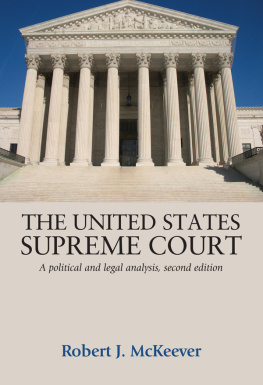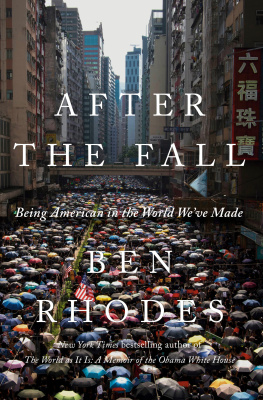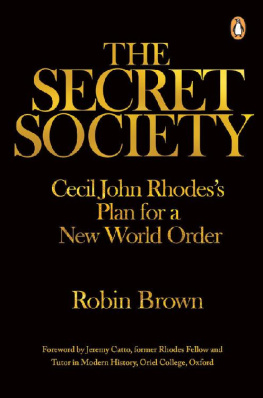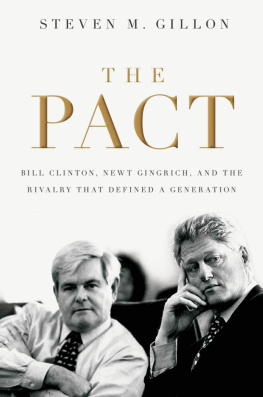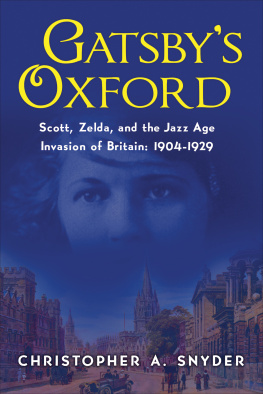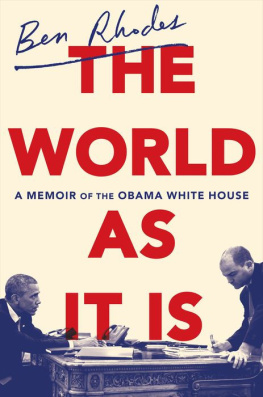Thomas J. Schaeper - Rhodes Scholars, Oxford, and the Creation of an American Elite
Here you can read online Thomas J. Schaeper - Rhodes Scholars, Oxford, and the Creation of an American Elite full text of the book (entire story) in english for free. Download pdf and epub, get meaning, cover and reviews about this ebook. City: New York, year: 2010, publisher: Berghahn Books, genre: History / Science. Description of the work, (preface) as well as reviews are available. Best literature library LitArk.com created for fans of good reading and offers a wide selection of genres:
Romance novel
Science fiction
Adventure
Detective
Science
History
Home and family
Prose
Art
Politics
Computer
Non-fiction
Religion
Business
Children
Humor
Choose a favorite category and find really read worthwhile books. Enjoy immersion in the world of imagination, feel the emotions of the characters or learn something new for yourself, make an fascinating discovery.

- Book:Rhodes Scholars, Oxford, and the Creation of an American Elite
- Author:
- Publisher:Berghahn Books
- Genre:
- Year:2010
- City:New York
- Rating:5 / 5
- Favourites:Add to favourites
- Your mark:
Rhodes Scholars, Oxford, and the Creation of an American Elite: summary, description and annotation
We offer to read an annotation, description, summary or preface (depends on what the author of the book "Rhodes Scholars, Oxford, and the Creation of an American Elite" wrote himself). If you haven't found the necessary information about the book — write in the comments, we will try to find it.
Each year thirty-two seniors at American universities are awarded Rhodes Scholarships, which entitle them to spend two or three years studying at the University of Oxford. The program, founded by the British colonialist and entrepreneur Cecil Rhodes and established in 1903, has become the worlds most famous academic scholarship and has brought thousands of young Americans to study in England. Many of these later became national leaders in government, law, education, literature, and other fields. Among them were the politicians J. William Fulbright, Bill Bradley, and Bill Clinton; the public policy analysts Robert Reich and George Stephanopoulos; the writer Robert Penn Warren; the entertainer Kris Kristofferson; and the Supreme Court Justices Byron White and David Souter.
Based on extensive research in published and unpublished documents and on hundreds of interviews, this book traces the history of the program and the stories of many individuals. In addition it addresses a host of questions such as: how important was the Oxford experience for the individual scholars? To what extent has the program created an old-boy (-girl since 1976) network that propels its members to success? How many Rhodes Scholars have cracked under the strain and failed to live up to expectations? How have the Americans coped with life in Oxford and what have they thought of Britain in general? Beyond the history of the program and the individuals involved, this book also offers a valuable examination of the American-British cultural encounter.
Thomas J. Schaeper: author's other books
Who wrote Rhodes Scholars, Oxford, and the Creation of an American Elite? Find out the surname, the name of the author of the book and a list of all author's works by series.

